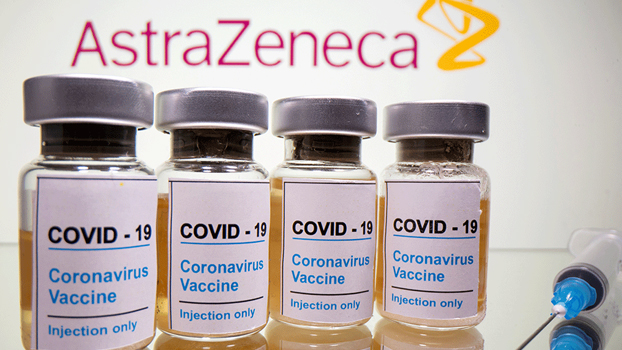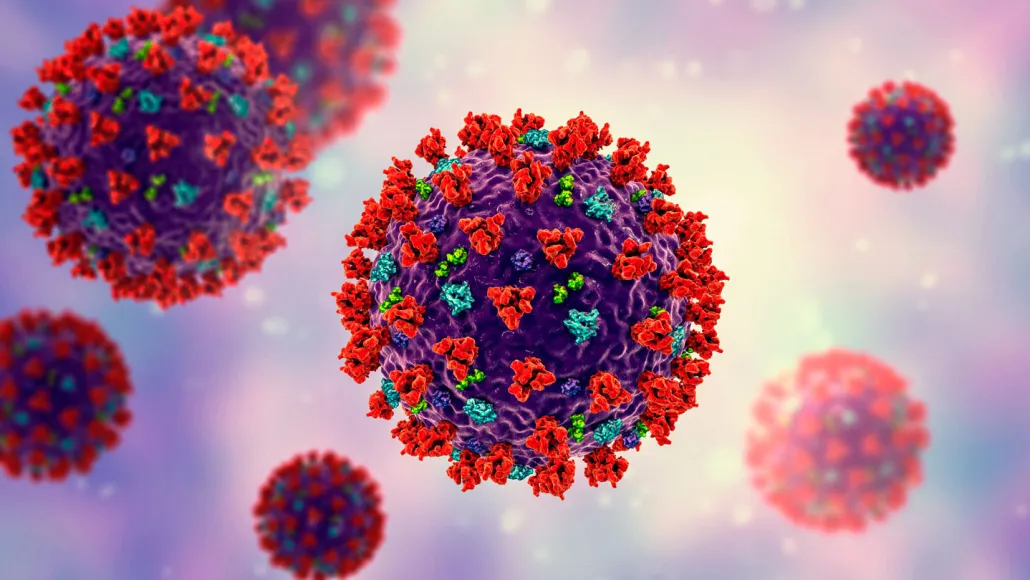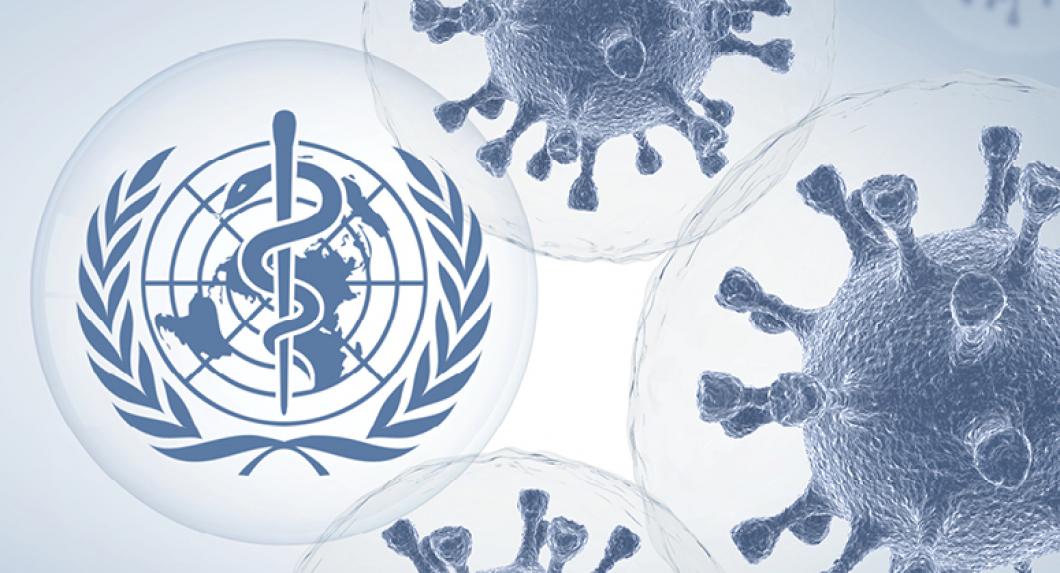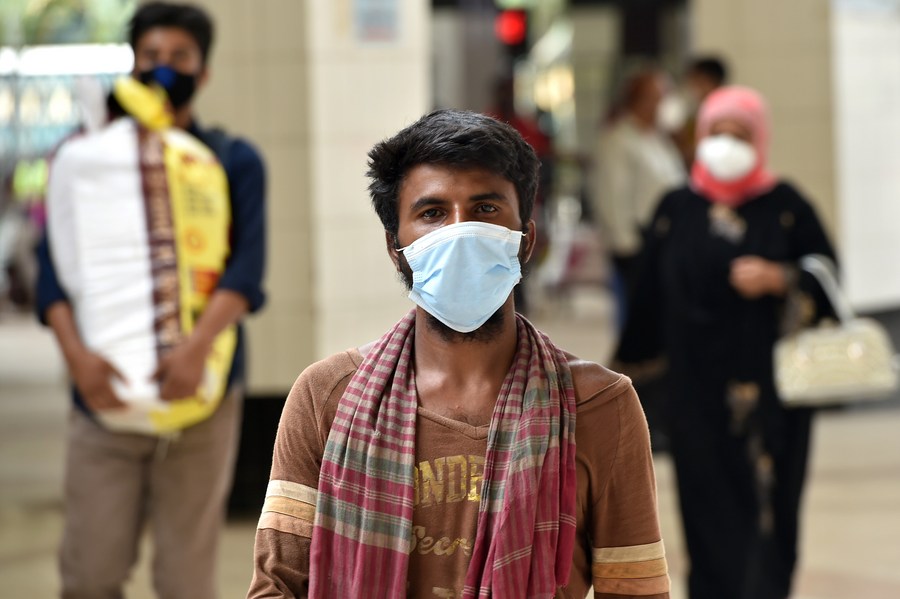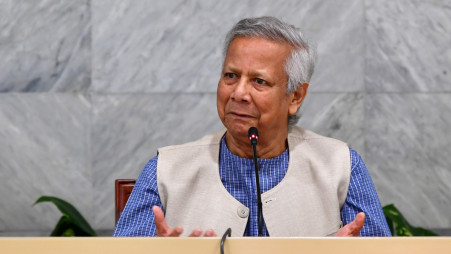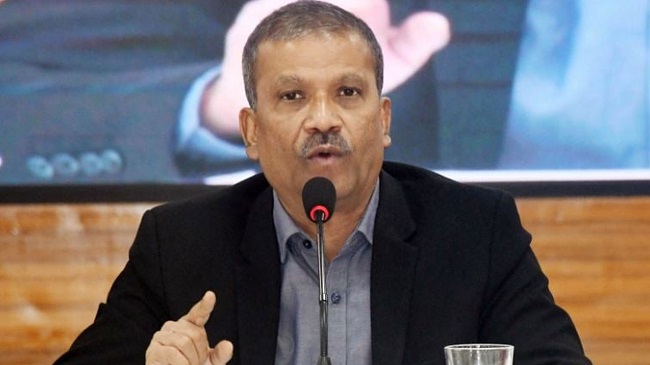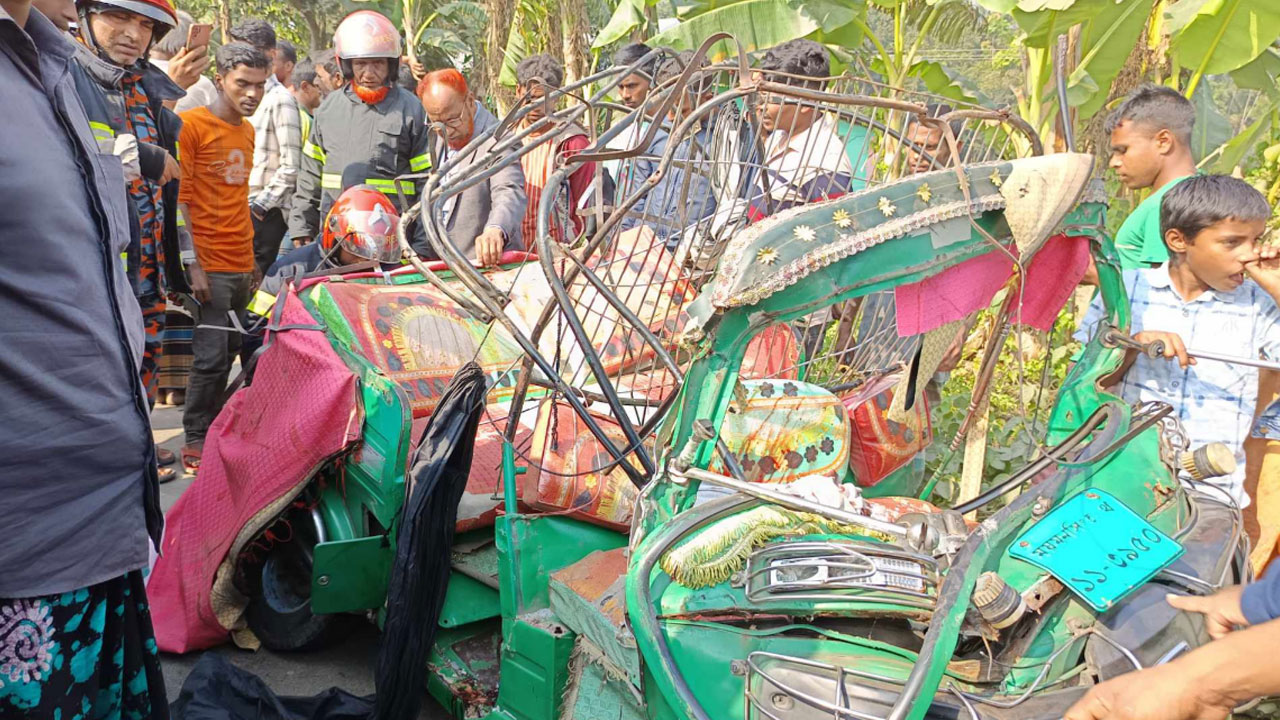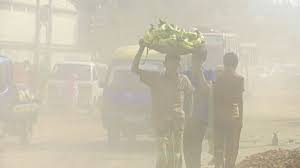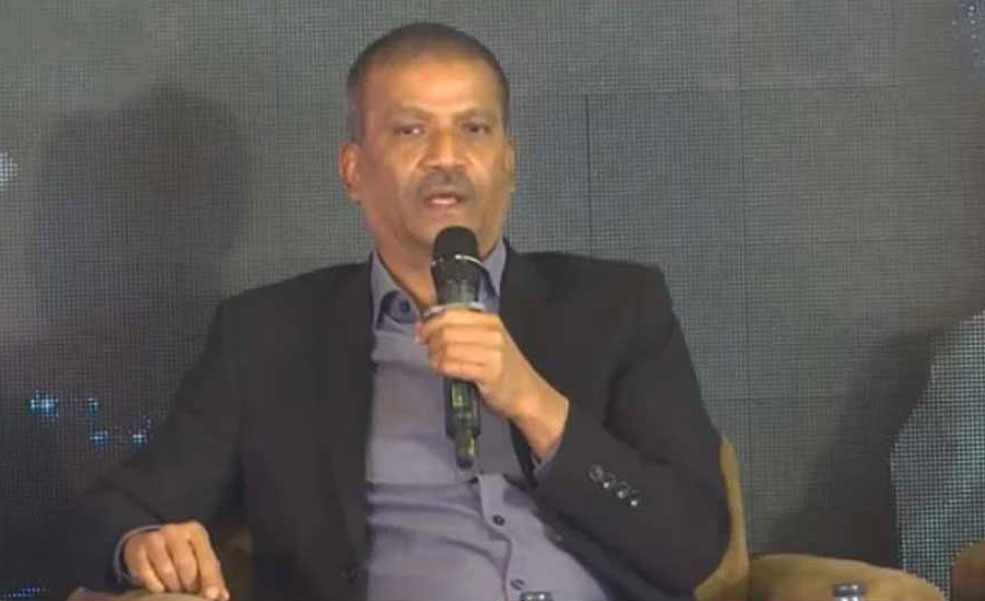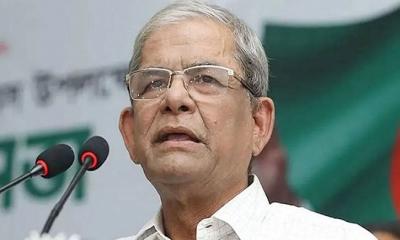Amid concern over whether Bangladesh will get Oxford’s Covid-19 vaccine from the Serum Institute of India in time, the government has confirmed that there is no uncertainty over the vaccine.
The government came up with the assertion on Monday following media reports on India’s ban on export of vaccines that triggered a social media storm.
Chief Executive of the Serum Institute Adar Poonawalla said in an interview with Reuters on Sunday after the shot was approved for emergency use in India that exports might be possible only after supplying the Indian government with an initial 100 million doses.
Bangladesh Foreign Minister Dr AK Abdul Momen and Health Minister Zahid Maleque said at separate briefings that there is no uncertainty over getting Oxford’s Covid-19 vaccine from the Serum Institute of India.
“There is nothing to be worried for us since the commitment has been made at the highest level,” the foreign minister told reporters, adding that they had received assurance again from the Indian external affairs ministry after the media report.
“We’ll get the vaccine on time since we have an agreement with the Serum,” the health minister also said, brushing aside any speculation.
The Oxford/AstraZeneca is the only vaccine developer so far to have a deal with the global COVAX facility, which most low and middle income countries will rely on for much of their vaccine supply.
In June, Oxford/AstraZeneca committed to produce 1 billion doses for low and middle income countries, via a partnership with the Serum Institute of India.
They have promised to sell the vaccine for no profit – between $2 and $3 per dose - for the duration of the pandemic.
The major supply for Bangladesh, which is around 7 crore, will come through COVAX via GAVI. Apart from that, Beximco also signed a deal with Serum with the help of the Bangladesh government for 3 crore additional doses.
Indian Prime Minister Narendra Modi has also said that the vaccines produced in India will be shared with humanity.
And he also assured our Prime Minister Sheikh Hasina that vaccines produced in India will be shared with the Bangladesh government.
But, Serum Institute CEO Adar Poonawalla said in an interview that the emergency use approval was granted on the condition that the company does not export the shots to ensure that the vulnerable in India are protected. Poonawalla said that the company has also been barred from selling the vaccine on the private market. "We can only give the vaccines to the government of India at the moment," he said to the AP news agency.
“We’ve been working on this matter since morning. Discussions were held with Beximco, the foreign ministry and the Indian mission [in Dhaka]. They’ve assured us that it would not disrupt our agreement. There will be no issues. We are continuing the discussions,” health minister Maleque later said to calm the social media storm.
Beximco Pharmaceuticals, the local distributor of Serum Institute, also assured that Bangladesh will get the agreed amount of vaccine doses on time as per agreement.
A foreign ministry official told Bangladesh Post that Serum Institute of India might have tried to say that commercial sales are not allowed. That means buying by wealthy companies and open market sales are not allowed. But the government to government procurement mode continues. This is to prevent the skyrocketing of vaccine prices.
Foreign minister Dr Momen said the Indian external affairs ministry informed them that the Serum chief’s comment is “not the policy of the government of India”.
“It’s his personal ‘premature’ comment,” he said. “India government has made a commitment at the highest level. So we have nothing to be worried about,” he said, adding that once the vaccine is approved by the WHO, Bangladesh will get it.
“India is using it on an emergency basis,” he said, adding that the vaccine also needs to be approved by the Bangladesh regulator before importing.
Earlier, on December 17 at the summit meeting, the Indian prime minister reiterated the highest priority India attaches to Bangladesh under his ‘Neighbourhood First Policy’.
Modi had assured his counterpart Sheikh Hasina that vaccines would be made available to Bangladesh as and when produced in India. Both leaders also noted the ongoing bilateral collaboration between the private sectors in this area.


